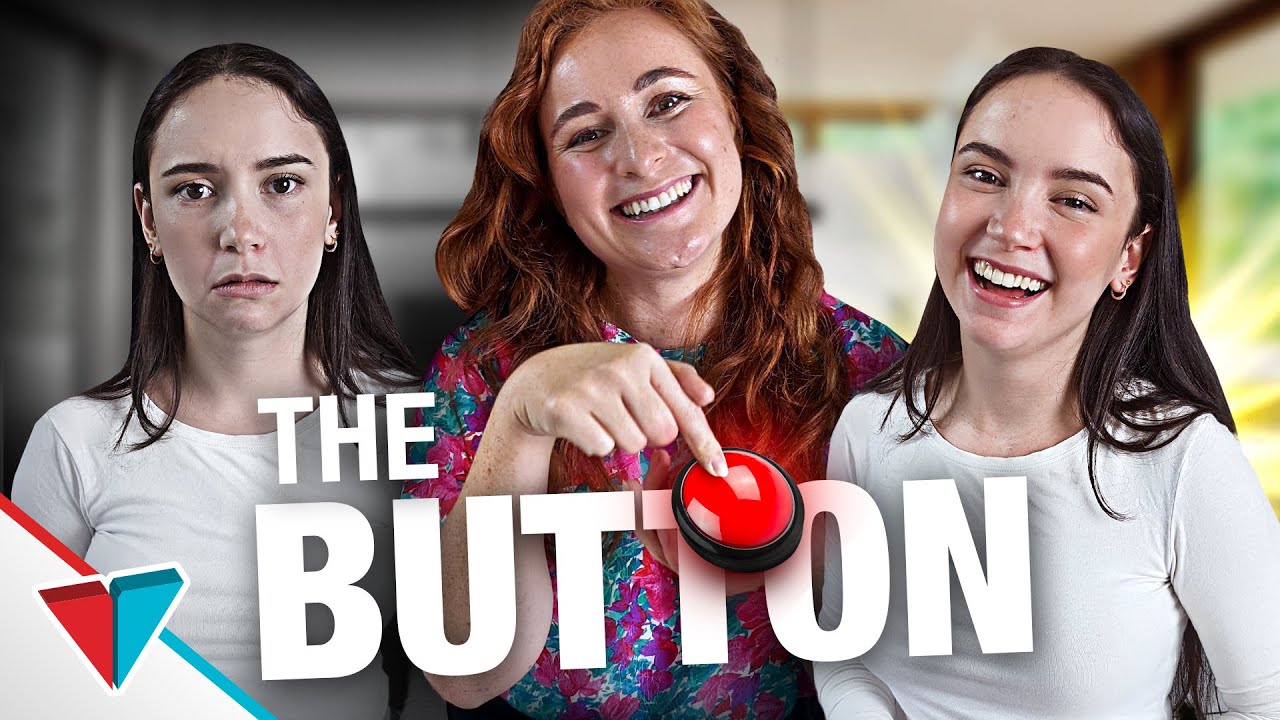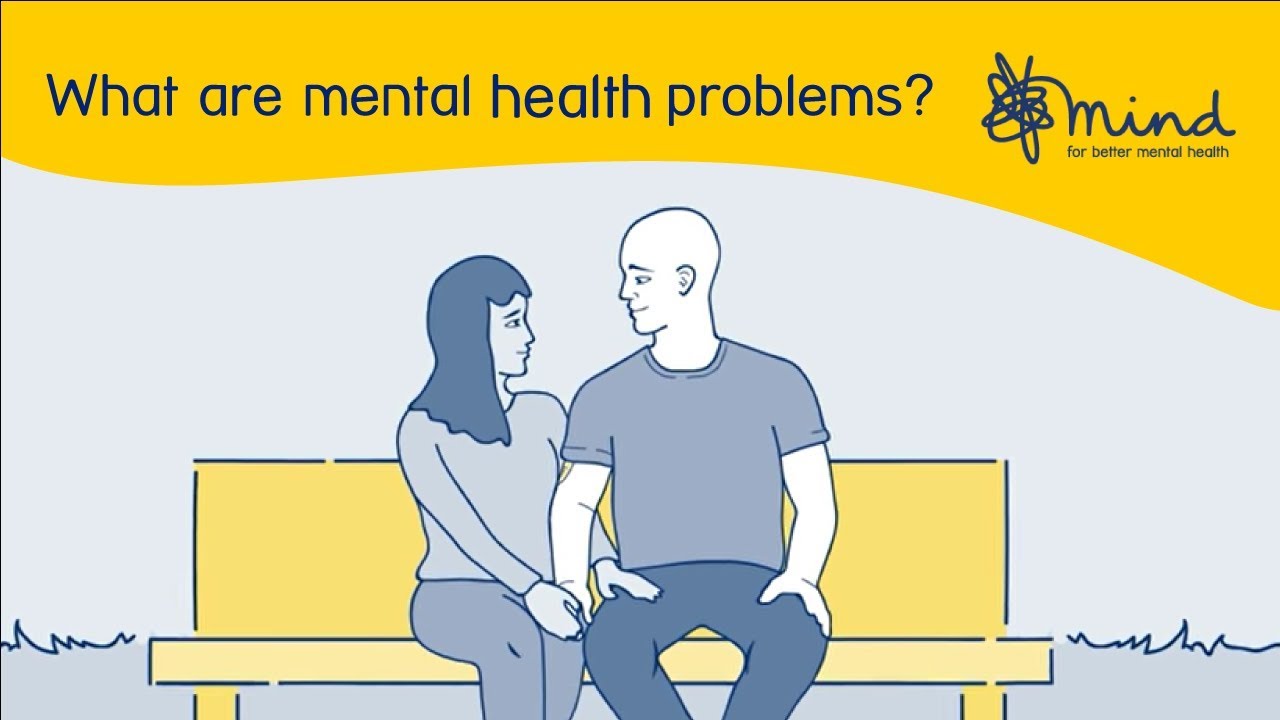The conversation around mental health is louder than ever, with voices sharing stories of struggle and resilience, opening the door to innovative solutions that go beyond the bounds of conventional wisdom. As we open our hearts to the struggles of those we hold dear, particularly parents watching the tender souls of their children weather the storm of addiction, it becomes clear that a multifaceted approach to mental health care is not just a wish – it is a necessity. This article examines five groundbreaking mental health solutions that are altering the landscape of care and support, offering new paths to healing that may surprise you.

Exploring Innovative Behavioral Health Solutions
Innovative treatments and technologies are now at the helm of transformation in behavioral health care. Here’s a peek into some game-changing therapies:
Each innovative therapy holds the promise of fresh starts and newfound strength, embracing technology and science to serve mental wellness in transformative ways.

Integrated Health Solutions: Bridging Mind and Body
Employing integrated health solutions to address mental health is akin to rebuilding a house from its foundation up – it’s about ensuring every room, every corner, receives attention. Heavyweights like the Mayo Clinic offer Integrated Behavioral Health services, reminding us that sometimes a house needs more than just a new coat of paint. Wellness programs in corporations, think Google and Johnson & Johnson, are also on board, featuring:
This synergy of mind and body within healthcare spins a hopeful yarn for the future narrative of mental health solutions.

| Mental Health Solution | Source of Referral or Service | Description and Benefits |
| Professional Therapy | Family Doctor, Clergy, Local Mental Health America Office | Individual sessions with a licensed therapist to address personal issues, improve coping strategies, and provide emotional support. |
| Medication | Family Doctor, Psychiatrists | Prescribed drugs to manage symptoms related to mental health conditions like depression, anxiety, bipolar disorder, etc. |
| Support Groups | Local Mental Health America Office, Local Community Centers, Online Platforms | Group meetings with individuals facing similar challenges offering mutual support and shared experiences. |
| Crisis Intervention Services | Crisis Centers, Hotlines | Immediate assistance during a mental health crisis to prevent harm and provide guidance on the next steps. |
| Inpatient Care | Hospitals, Specialty Mental Health Facilities | Comprehensive and intensive treatment in a dedicated facility for severe mental health conditions requiring constant medical supervision. |
| Outpatient Programs | Mental Health Clinics, Hospitals | Regular therapy and counseling sessions without the need for hospital stays, allowing individuals to maintain daily routines. |
| Lifestyle Modifications | General Practitioners, Therapists | Changes in diet, exercise, sleep, and stress management techniques to improve overall mental health and wellness. |
| Mindfulness and Meditation | Yoga Centers, Meditation Classes, Online Apps | Techniques to focus on the present moment and manage stress, often leading to greater emotional well-being and reduced anxiety. |
| Digital Therapeutics | Online Platforms, Mental Health Apps | Use of digital tools and apps to deliver evidence-based therapies, such as Cognitive Behavioral Therapy (CBT), for accessible self-managed care. |
| Community Services | Social Services, Community Centers | Access to social workers, employment assistance, educational programs, and other resources to improve overall well-being and reduce stressors. |
| Alternative Therapies | Acupuncture Centers, Naturopathy Clinics | Use of non-mainstream practices like acupuncture or herbal treatments; effectiveness varies and should be used in conjunction with conventional treatments. |
| Psychoeducational Classes | Hospitals, Community Colleges, Online Platforms | Education about mental health conditions and strategies for managing symptoms, aimed at empowering individuals to take control of their mental health. |
The Digital Transformation: Apps and Platforms Leading Mental Health Solutions
We are witnessing a digital dawn in mental health support, where conversation and care fit in your pocket. Apps and platforms, such as Headspace for meditation and Talkspace for therapy, are revolutionizing the way we access mental health care. Digging deeper, we find:
The integration of cutting-edge technology within these platforms hints at a society ready to embrace mental health care without stigma — where finding a therapist That accept medicaid is as straightforward as a few taps on a screen.

The Societal Shift: Policy and Community-Based Mental Health Solutions
Change is foot, and it’s wearing some policy-shaped boots. We see shifts from top to bottom — with legislation striving for better mental health infrastructure and grassroots movements cultivating community healing. From Mental Health First Aid by the National Council for Mental Wellbeing to the cups of solace poured by mental health cafes like Sip of Hope in Chicago, these endeavors are the societal embrace many seek when battling mental health issues. Such spaces are the cozy living rooms where stories are shared, and where searching for anger management near me leads to a community, rather than just a clinical, solution.

Unconventional Approaches: The Rising Popularity of Psychedelic-Assisted Therapy and Mindfulness Practices
Bear with us, because things might get a little unconventional here. Psychedelic-assisted therapy is stepping out of the counterculture shadows into the therapeutic limelight:
It seems that the way forward might just be a blend of ancient wisdom and modern science.
Conclusion: The Frontier of Mental Health Care
Through this journey of discovery, it’s clear that the mental health solutions tapestry is rich and varied, woven with threads of both traditional wisdom and innovative brilliance. Whether it’s biofeedback techniques fine-tuning the instrument of our bodies or the digital bridges built by platforms like Talkspace, the call for mental wellness is being answered. Programs like the Mental Health First Aid infuse communities with strength, while the psychedelic renaissance offers hope through ancient molecules dressed in clinical rigor.
We’ve glimpsed a horizon where the care for our minds and spirits is as diverse and nuanced as the people seeking solace. For parents grappling with the heartache of addiction within their family, there is a beacon of hope shining through these emerging mental health solutions. This is a promise from us at MothersAgainstAddiction.org to every parent holding on to hope: you are not alone on this odyssey.
As we look to the future, we commit to the continuous pursuit of these innovative mental health solutions, knowing they carry the potential to revolutionize how we heal and how we support each other in our most vulnerable times. The key to unlocking the door to wellness might just lie in one, or several, of these surprising approaches, making the journey towards healing a path paved with possibility.
Unveiling Unbelievable Mental Health Solutions
Who knew that tidbits about mental health could be as addictive as the latest showbiz gossip? Buckle up; we’re diving into some astonishing facts and whimsical wisdom about mental health solutions that’ll knock your socks off!
The Celebrity Angle
Let’s kick things off with a sparkle of stardom—ever heard of Shelley Fabares? Sure, you might know her as Coach’s wife on the TV show “Coach, but did you know that she’s a beacon of resilience in the face of mental health struggles? Her journey speaks volumes about the healing power of art and expression. So if you’re feeling blue, why not pull a Shelley Fabares? Channel that inner turmoil into something creative—strum that guitar, splatter some paint, or dance out your emotions!
Time, Tickin’ Away
You’ll be gobsmacked to know that managing time can be a magic bullet for your mind! Ever heard the phrase second define your life? Well, it’s true—nailing down a solid routine and mastering the art of prioritization can usher in a sense of calm amidst the storm. So, the next time you feel overwhelmed, remember: a second can define much more than you think. Break down your mountain of tasks into molehills, and watch that anxiety start to shrink!
The Secret Attraction of Healing
Get this—our brains might just have a secret crush on certain images! Do you ever stumble upon a picture that serenely calms you down? Well, it turns out This person Is secretly Attracted To This image discord is not just a random string of words, but also a fascinating glimpse into the psyche. Surround yourself with visuals that give you peace—be it a serene beachscape or a fluffy kitten—the right image might be the cure your mind’s been pining for!
A Jaunt for Joy
We all know a good vacation can leave us feeling refreshed and ready to take on the world. But, could it be a robust mental health solution too? You betcha! Kensington Tours isn’t just an arbitrary name—it’s a reminder that sometimes, a change of scenery can be as therapeutic as a session with a shrink. So, why not book yourself a little getaway? It doesn’t have to be a grand Kensington tour; a weekend away might just be the ticket to a happier you!
So, there you have it folks—a whirlwind tour of mental health solutions that might seem like they came from left field, but they pack a potent punch for your well-being. It’s a jungle out there, but with these tips, you’ll be swinging like Tarzan from the vines of vitality in no time!

How can I help mental health problems?
– Well, tackling mental health issues is a journey, not a sprint, but you’re on the right track asking! You can start by lending an ear – sometimes folks just need someone to listen, you know? Encourage them to seek professional help, and maybe tag along for support if they’re cool with it. Keep stress to a minimum, make sure they stay connected with loved ones, and don’t forget self-care. After all, you can’t pour from an empty cup.
What are three sources of support for individuals seeking help with mental health issues?
– Looking for support with mental health can sometimes feel like finding a needle in a haystack, but don’t fret! Three solid supports are your trusty family doctor, a bit of divine intervention from clergy, or the local Mental Health America office. These folks can point you in the right direction when you’re feeling lost in the sauce.
What are some resources available to individuals with mental illness?
– Mental illness can be tough cookies, but resources are out there! For starters, you’ve got community mental health services, counseling centers, and hotlines like the National Suicide Prevention Lifeline. Plus, online support groups are a solid gold resource – chat away from the comfort of your couch!
What programs may be helpful for a person with a mental health challenge?
– If mental health’s got someone in a pickle, programs like psychotherapy, support groups, and medication management can help smooth things out. Oh and don’t overlook lifestyle changes! Sometimes, the basics like a good diet, exercise, and sleep can work wonders.
How is poor mental health treated?
– When mental health takes a nosedive, treatment typically involves a tag team of therapy and medication. Of course, it’s not one-size-fits-all, so tailor the plan with a pro – could be a splash of CBT here, a dash of mindfulness there. And hey, a strong support network? That’s the secret sauce!
How can poor mental health be improved?
– Improving poor mental health isn’t rocket science, but it does take some elbow grease. Exercise can kick those endorphins into high gear, and eating healthy is a no-brainer. Plus, socializing isn’t just fun – it’s also good for your noggin! Throw in enough Zzz’s and a little stress-busting, and you’re golden.
What are 5 ways to help your mental health?
– Five ways to help your mental health? Easy peasy! First up, stress less – meditation or yoga can get you there. Next, get moving; those endorphins aren’t gonna release themselves! Good chow and plenty of shut-eye are key. And lastly, chat it up with friends or a therapist – it’s like a spa day for your psyche.
Where do people go when they have bad mental health?
– When mental health hits the skids, people often high-tail it to a therapist or psychiatrist. Others might head straight to the ER if things are really off the rails. And, of course, support groups – whether they’re in-person or online – they’re like a trusty sidekick for many.
What are the three main types of mental health prevention?
– Mental health prevention? It’s a triple threat: primary, secondary, and tertiary. First, we’re talking about dodging the problem altogether – think stress management and education. Secondary means catching issues early – hello, screenings! And tertiary’s all about keeping things from getting worse – rehabilitation and support services, you know?
What are the best mental health resources?
– The best mental health resources are your lifeline when the sea gets choppy. Start with the go-tos: the National Alliance on Mental Illness (NAMI) and the Substance Abuse and Mental Health Services Administration (SAMHSA). They’re like a GPS for your brain, guiding you through the mental health maze.
How do you deal with a mentally unstable family member?
– Dealing with a mentally unstable family member, huh? It’s a tough row to hoe. First thing: educate yourself on their condition – knowledge is power. Patience is your new best friend, and boundaries – they’re essential. Support groups can be a godsend for you, too. And remember, it’s okay to seek help – this isn’t a one-person show.
What is considered a mental health crisis?
– A mental health crisis is when someone’s thinking, feeling, or behavior goes haywire, and it’s more roller coaster than merry-go-round. We’re talking risk of harm to themselves or others, complete breakdowns, or not being able to do the day-to-days. It’s all hands on deck; you gotta act fast.
What is the biggest challenge facing mental health solutions today?
– The biggest challenge? Phew, it’s like herding cats, but the stigma’s probably your ringleader. It keeps folks from seeking help and shackles them with shame. Add in a dash of funding woes and a pinch of resource shortages, and you’ve got a recipe for a real headache.
When should you walk away from someone with mental illness?
– Knowing when to walk away from someone with a mental illness can make anyone’s head spin. If your well-being’s on the line, and all your help amounts to a hill of beans – it might be time. It’s brutal but true: sometimes, stepping back is the best way to move forward.
What is the difference between mental health and mental illness?
– Mental health and mental illness are two sides of the same coin, but they’re not twins. Mental health’s all about your psychological well-being – think emotions, stress, and social life. Mental illness is when your mind’s got gremlins – like depression or anxiety – that need more than a band-aid approach.
What resources are available for any individuals struggling with mental illness provide two resources specifically in Ontario?
– In Ontario and facing the mental health music? Look no further than ConnexOntario and the Ontario Mental Health Helpline. They’re like the Bat-Signal for mental health help – just reach out and they’ve got your back with info and support.
What is the resource most used for the diagnosis of mental health disorders and disease?
– The resource most used for getting to the nitty-gritty of mental health disorders? That’s the DSM-5 – it’s like the Bible for psychologists. It breaks down all the conditions, so professionals can get the diagnosis down pat.
What are mental resources?
– Mental resources – they’re the tools in your psychological toolbox. They’re your skills and strategies, like problem-solving, resilience, and emotional intelligence. Quick tip: the stronger your toolkit, the smoother you’ll sail through life’s stormy seas.
What is a valid mental health resource?
– A valid mental health resource is like gold dust – it’s credible, reliable, and can back up its blab with science or professional swagger. Think reputable websites, hotlines, and bricks-and-mortar places that are all aboard the legit train – no snake oil salesmen allowed.




























